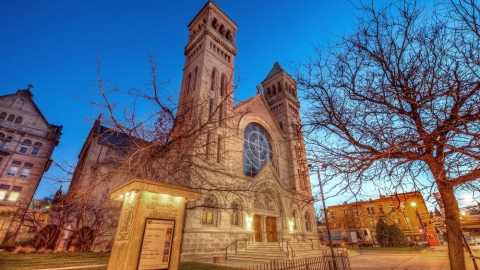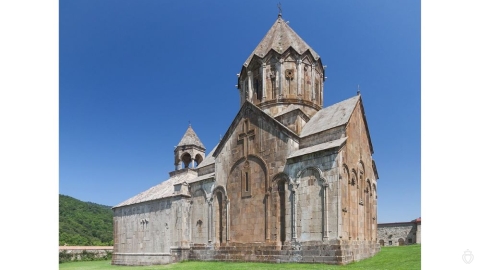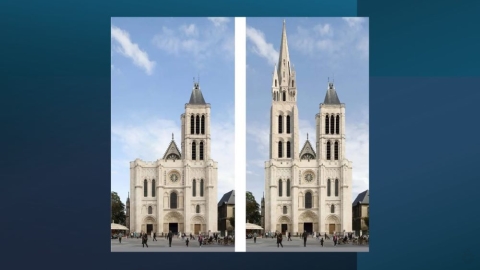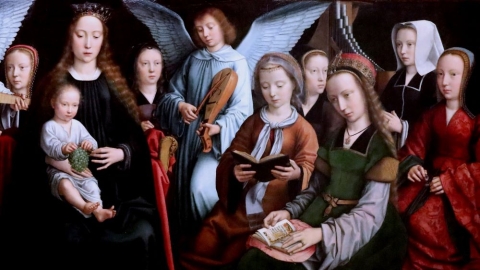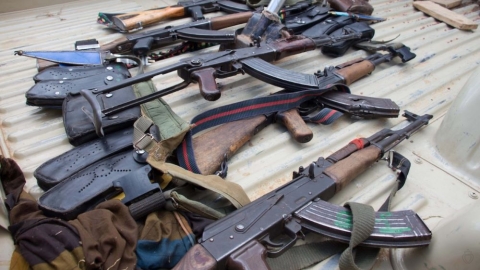The Conservative Cardinals Organize Themselves
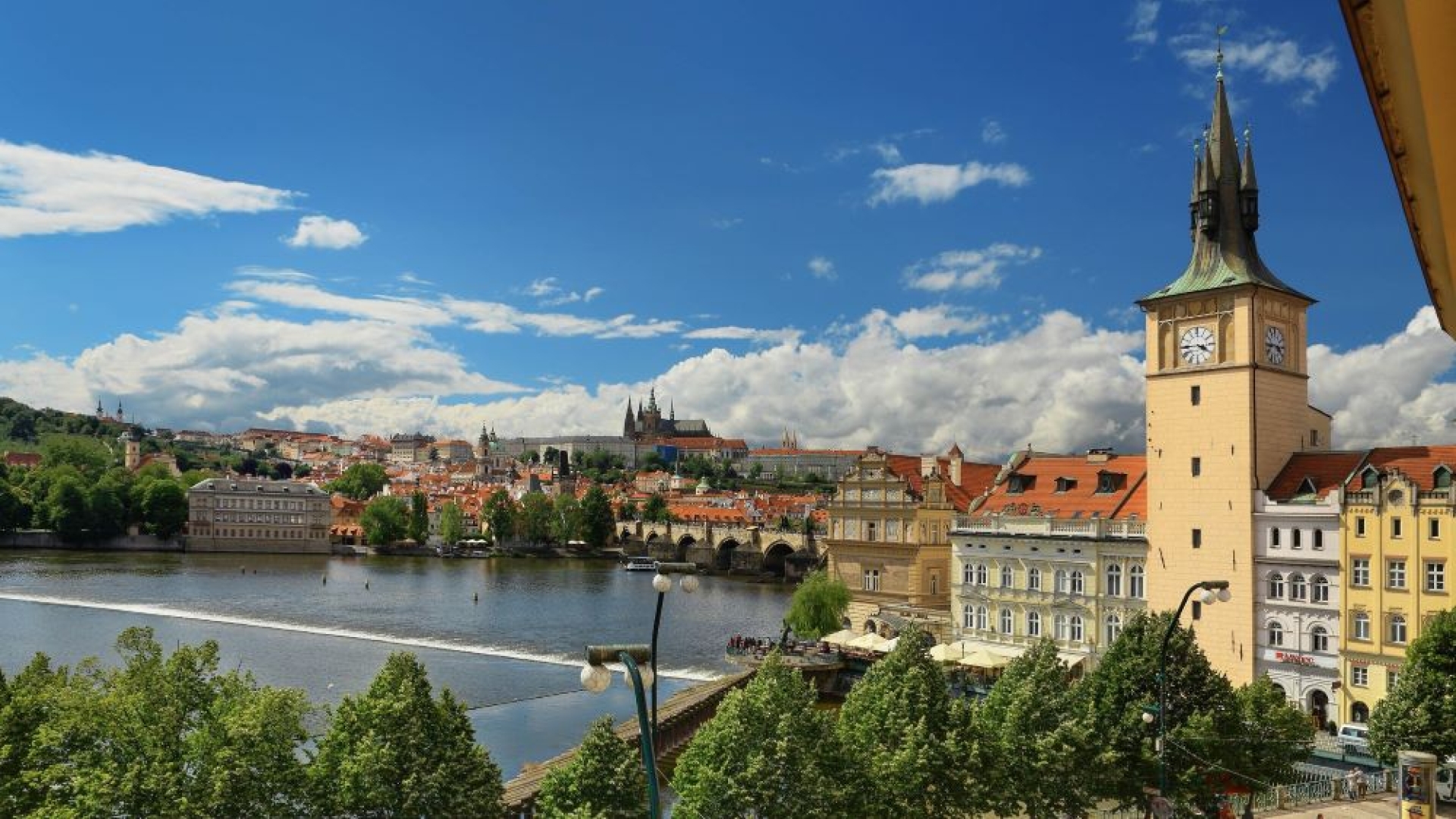
The Mozart hotel in Prague
A discreet meeting of cardinals was held last autumn in order to officially reflect on gender ideology. And who knows, to consider the next conclave? The information revealed in February 2024 goes to show that the most conservative members of the Sacred College want to organize themselves and do not intend to leave the field open for the progressive clan.
A discreet meeting of cardinals was held last autumn in order to officially reflect on gender ideology. And who knows, to consider the next conclave? The information revealed in February 2024 goes to show that the most conservative members of the Sacred College want to organize themselves and do not intend to leave the field open for the progressive clan.
“ A broad invitation, an open discussion. A little like an intellectual retreat.” This is how Mark Regnerus, founder of the very conservative Austin Institute for the Study of Family and Culture, describes the seminar that was discreetly held in Prague (Czech Republic) at the end of September 2023, and whose existence the newspaper La Croix revealed in its February 7, 2024, edition.
Around 20 ecclesiastics of high rank, including nine cardinals, all gathered at the Mozart hotel, in the heart of Prague, for several days of colloquiums, in order to discuss great challenges which are arising against the Catholic family, especially gender theory and its various substitutes.
Fr. Robert Gahl, member of Opus Dei and professor at Harvard University, was invited to give a talk on a theme that he knows well, and on which he is leading a fight on one of the most prestigious American campuses corrupted today by the woke cancer.
It is also a way to organize themselves and to prepare for “after Francis,” even if a conservative Roman prelate contacted by the French daily paper assures: “Meetings like these exist, but they should not be interpreted as a preparation for a conclave.”
However, the “intellectual retreat” organized from September 26 to 28, 2023, gathered several cardinals likely to play a role in the election of the current Roman Pontiff’s successor: Virgilio do Carmo da Silva, first cardinal from East Timor; Oswald Gracias, of Bombay (India); Willem Eijk, of Utrecht (the Netherlands); Patrick D’Rozario, of Dhaka (Bangladesh); and William Goh of Singapore.
So many figures considered to the right of the Sacred College, joined in Prague by some Europeans, Africans, and Americans, including Cardinals Angelo Bagnasco of Genoa (Italy); Dominik Duka of Prague (Czech Republic); and the very media-friendly Archbishop of San Francisco (United States), Salvatore Cordileone. All have in common a certain critical viewpoint on the most doubtful aspects of Francis’ pontificate.
Because the least that we could say is that the Austin Institute is not really in line with Amoris laetitia nor Fiducia supplicans: “searching for the truth beside the best scholars, defending an enriching Catholic orthodoxy” or “Being Christian in an epoch frenetically in love with materialism, unbridled technological progress, and moral upheaval...” Such are the themes addressed on the website of this Texan organization founded in 2012 by the sociologist Mark Daniel Regnerus.
At the end of 2022, Cardinal George Pell had been the guest of honor of the Austin Institute: the Australian high prelate, who died a few months later, was one of the great conservative figures of global Catholicism, and he had become closer to Tradition in the last years of his life.
The College of cardinals today has 131 cardinals under the age of 80--electors in the event of an conclave. 96 were chosen by Francis, 26 by Benedict XVI, and 9 by John Paul II. Alienated from one another, the electors of the future Pope often don’t know each other well: we understand the benefit of bringing them together for a colloquium, for example.
The participants at the Prague colloquium preferred not to respond to questions from the newspaper La Croix, but the chosen theme does not leave much doubt about their perspectives. It’s important to remember that Cardinal Eijk, during an ad limina visit in November 2022, asked the Pope to write an encyclical on gender. In March 2023, Francis indicated that he did was not planning to write a text on this theme.
On the other hand, the Dicastery for the Doctrine of the Faith stated at the start of January 2024 that a document was in preparation on “surrogacy, sex change, and gender theory.” Could the pressure exercised by conservative cardinals have had some part in this announcement? It seems in any case that a number of prelates want to turn the page on an unbridled progressivism.
(Source : La Croix/Austin Institute/cath.ch – FSSPX.Actualités)
